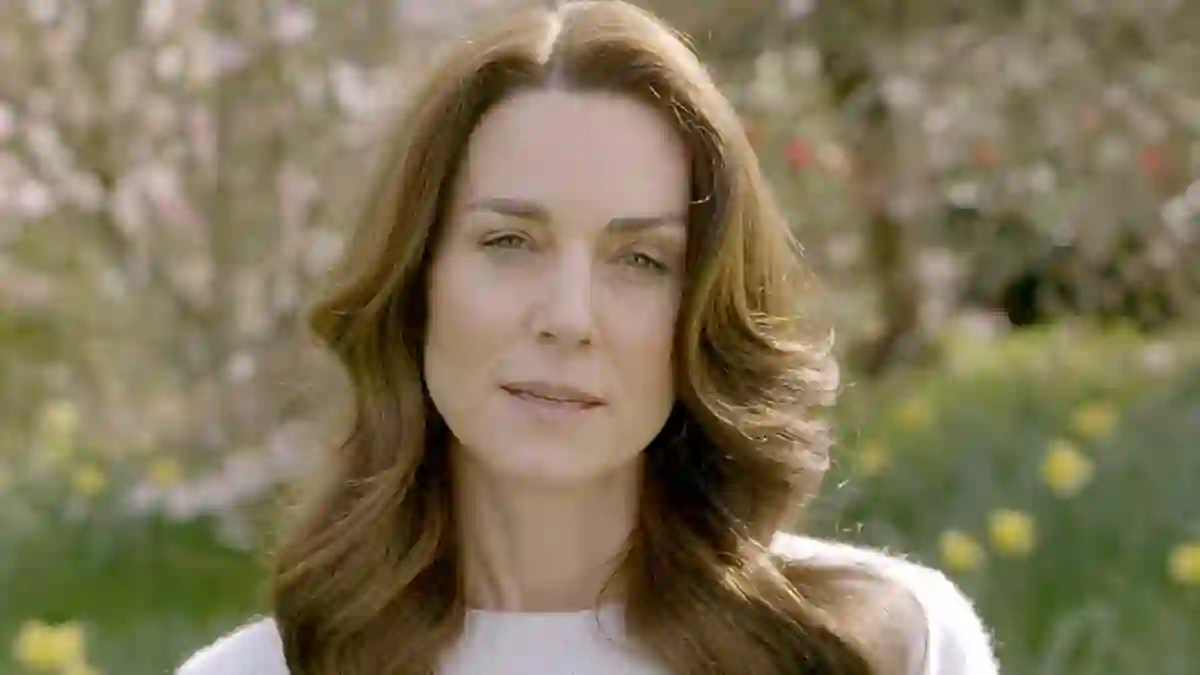While many of us spent the past year adjusting to life post-lockdown or diving back into routines, the Princess of Wales was quietly navigating one of the most difficult chapters of her life.
Behind palace walls, she was undergoing chemotherapy following a major surgery—and facing something far less private: a storm of online cruelty.
The Hidden Struggles Behind a Brave Face
Catherine, Princess of Wales, shared last September that the previous nine months had been “incredibly tough.”
At the time, she was referring to her treatment and recovery, but what wasn’t said publicly was how vicious online trolls had added to her ordeal.
These weren’t just casual internet jabs.
Much of the abuse stemmed from a subset of extremely vocal online supporters of Prince Harry and Meghan Markle—often referred to as the “Sussex Squad.”
Their comments, fueled by conspiracy theories and targeted suspicion, made a painful situation even more traumatic.
She Stayed Silent—But Not Unaware
Though Catherine didn’t publicly acknowledge the trolling, insiders say she was very much aware—and deeply shocked by just how hateful it became.
Despite this, she kept her composure.
At her Christmas carol service at Westminster Abbey last year, she spoke only of kindness, urging people to “choose love, not fear” and reflect on what truly connects us.
When the Trolling Began
The spiral of speculation and abuse began in January last year, when Kensington Palace announced the Princess had undergone “planned abdominal surgery.”
She spent up to two weeks at The London Clinic, and the Palace shared that she wouldn’t be returning to public duties until after Easter.
They also politely asked for privacy, particularly for the sake of her children.
But many online—especially those aligned with the Sussex fandom—ignored that plea.
Instead, they launched into accusations.
Some claimed she was exaggerating her condition to avoid work; others went so far as to question the surgery altogether.
William’s Absence Added Fuel to the Fire
Things escalated further when Prince William pulled out of a memorial service for his godfather, former King Constantine of Greece.
While a spokesperson cited “personal matters,” trolls immediately suggested there was something more sinister going on.
Despite a short Palace statement that Catherine was “doing well,” the speculation kept growing.
From Concern to Conspiracy
By late February, the Palace was still maintaining that Catherine was recovering privately at home.
That wasn’t enough for the conspiracy theorists. Online hashtags like #WhereisKateMiddleton began trending, and even celebrities joined the noise.
Kim Kardashian, for example, posted a now-infamous photo with the caption: “On my way to go find Kate.”
In the face of the frenzy, the Palace reiterated: there would only be “significant updates” when appropriate—and that Catherine was still “doing well.”
The Video Message That Tried to Set Things Straight
Then, in March, came the moment that should have ended all speculation.
Catherine sat on a park bench surrounded by spring flowers and filmed an emotional video.
She revealed that her cancer diagnosis had come after her January surgery and that she was undergoing preventative chemotherapy.
Her message was calm, composed, and personal.
But even this brave admission wasn’t enough for some.
Trolls Accuse Her of Faking It
Within minutes of her video release, social media lit up with wild accusations.
Some users bizarrely claimed the video was AI-generated.
Others used doctored images—swapping in the faces of Princess Diana or Meghan Markle—to “prove” how easily videos could be faked.
It was grotesque and deeply disrespectful.
Yet again, the Princess stayed silent.
The Palace stated they would not release the type or stage of her cancer and asked the public not to speculate.
A Lesson in Grace Amid Online Hatred
What this experience has laid bare is the dark side of online culture.
Social media has allowed people across the world to connect—but it’s also given space for hate, especially directed at public figures like Catherine.
Unfortunately, the actions and words of Harry and Meghan haven’t helped.
Comments like Harry’s recent claims of being “stitched up” by the British establishment and Meghan’s past accusations of racism within the royal family have inadvertently added fuel to the online fire.
Rising Above the Noise
Despite all this, Catherine has remained dignified.
While trolls tried to drag her down, she focused on recovery, her children, and her quiet strength. She asked for empathy, not pity.
She chose to respond with grace rather than engage in a toxic back-and-forth.
In the end, her message of hope and resilience still stands as a powerful reminder of how we all have a choice—to lift others up or tear them down.
